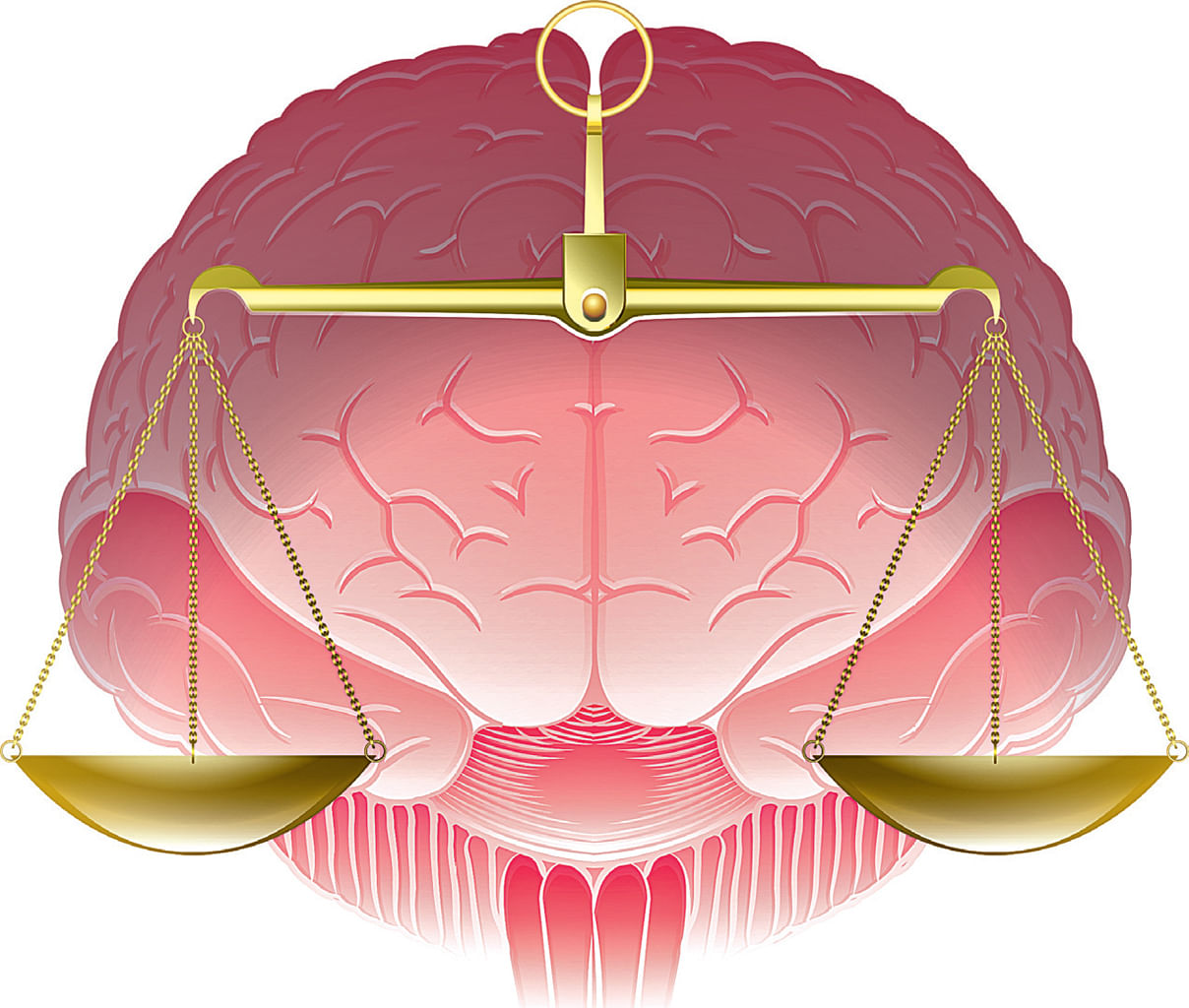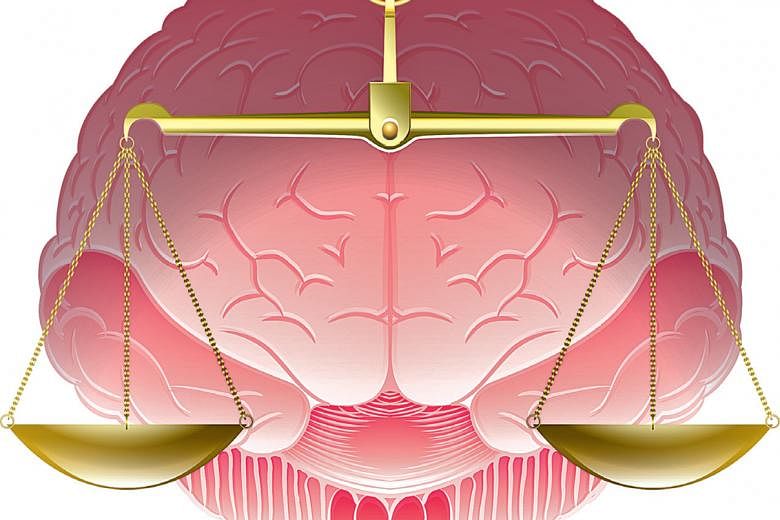Ms C used to get very dizzy whenever she tried to read on the bus, especially when there was stop-start traffic.
A few years ago, she went on a cruise with her family, only to throw up violently on board.
Flying is also a no-no as she would suffer from severe nausea whenever there was air turbulence.
Motion sickness or travel sickness is not uncommon and is triggered by repetitive, bouncy vehicle movements. People have varying levels of tolerance to motion. However, when motion is severely choppy or jerky, it may induce nausea, vomiting and dizziness in even the most physically fit individuals.
So, when Ms C got a new job that required frequent air travel, she decided to seek medical advice at the Multidisciplinary Balance Clinic at Tan Tock Seng Hospital's department of otorhinolaryngology (ear, nose and throat). The clinic sees about 80 patients a year who suffer from motion sickness and dizzy spells.
Many of them have suffered for years and most do not understand the reasons for their condition or how it can be treated.
To understand how and why motion sickness occurs, we need to understand our balance system.

Our balance system relies on signals from balance sensors - our inner ears and eyes, as well as "position and touch" sensors in our legs, spine and neck.
These balance signals are processed by our brain and spinal cord to help us maintain our posture, stability, orientation and gait. Our brain is adverse to any mismatch in signals from our balance sensors.
During a turbulent flight, for example, our inner-ear balance sensors will inform the brain that the ride is very bumpy.
However, if our eyes are glued to the in-flight entertainment screen, there is actually very little movement between our eyes and the screen as our eyes will move in unison with the screen.
Our eyes will therefore transmit a message to the brain - that contradicts the input from our balance sensors - that the ride is smooth. Those who are intolerant of these "mismatches" in balance signals will then suffer from symptoms of motion sickness.
REDUCING THE 'MISMATCH'
Motion sickness can be avoided if we allow our eyes to provide balance signals to our brain that are congruent with balance signals from our inner ears. The easiest way to achieve this is to fix our gaze at objects outside the vehicle.
If we are in a car, we should look at stationary objects, such as buildings and trees. As the distance to the stationary objects changes as the vehicle moves along, our eyes will interpret what we see as movement.
This reduces the "mismatch" between what our eyes see and the motion that our inner ears detect.
In fact, if you are the driver of the car, it is virtually impossible to experience motion sickness.
You are most likely to experience motion sickness if you sit in the middle back seat, with your eyes glued to a mobile phone or a book. The best solution is to sit in the front passenger seat and look ahead.
If you are on a boat, you can gaze at the horizon. When possible, refrain from travelling in a hot and stuffy vehicle, and steer clear of rear-facing seats.
Sea sickness can be relieved by anti-sickness medication like Prochlorperazine, and rest.
Pregnant women and those who suffer from migraine are more prone to motion sickness. The trick is to avoid migraine-trigger factors before the journey as this will reduce their susceptibility to motion sickness.
Monosodium glutamate (MSG), caffeine, alcohol, cheese and chocolate are common culprits. A lack of sleep, stress, negative emotions and dehydration are strong migraine triggers as well.
Ms C was diagnosed as a migraine sufferer. She now understands that motion sickness, while not entirely preventable, may be attenuated by following several practical steps.
Prior to taking a flight, she rests well, eats lightly and healthily, and ensures she reserves a window seat.
During the journey, she stops reading or watching movies when there is turbulence. She also keeps herself well-hydrated and stays away from alcohol.
She reportedly benefits from drinking ginger water before travelling and has also taught herself acupressure-point stimulation to relieve the mild symptoms she may experience.
After two years of follow-up consultations, she no longer needs anti-sickness medication.
•Dr Ho Eu Chin is a consultant at the department of otorhinolaryngology at Tan Tock Seng Hospital.

